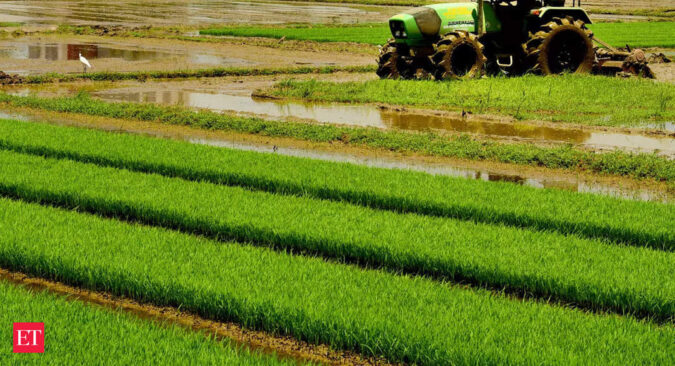During the first phase of the implementation, one KVK under each of the 11 Agricultural Technology Application Research Institutes (ATARIs) will be involved, providing technology backstopping and facilitating knowledge-sharing and skill-building exercises, NITI Aayog said in a statement on Thursday.
KVK experts will also undertake need-based visits to nearby ATLs, while KVKs will provide literature, seeds, planting materials, and other inputs as required, it said, adding that he pilot project will be extended after assessing the positive outcomes after two years.
According to the Aayog, KVKs, in partnership with ATMA, will collaborate with nearby ATLs to support agricultural-related innovation.
KVKs function as a “single window agricultural knowledge resource and capacity development centre,” and it is expected that this collaboration will provide numerous stakeholders with necessary information, training, and inputs.
The AIM has already mapped and shared a list of 55 ATLs (mapping each of the 11 KVKs, ATMAs with up-to 5 ATLs) based on the list of KVKs and ATMAs shared by MoA&FW.
The Aayog further said that the collaboration is a result of the vision of the Prime Minister Narendra Modi who also suggested both the government bodies to look into the idea of linking soil testing labs to ATL schools.“The two aspects of this collaboration include the idea of linking the existing government platforms with a purpose and linking children, the most important change-makers of society, to the real, most important challenges, and opportunities,” Chintan Vaishnav, mission director, Atal Innovation Mission said.
“Under this framework, MoA&FW and ATL can develop a problem finding platform and organise hackathons,” agriculture secretary Manoj Ahuja said while stressing the need to adopt an “integrated learning approach” to find solutions to the problems of the farm sector.
